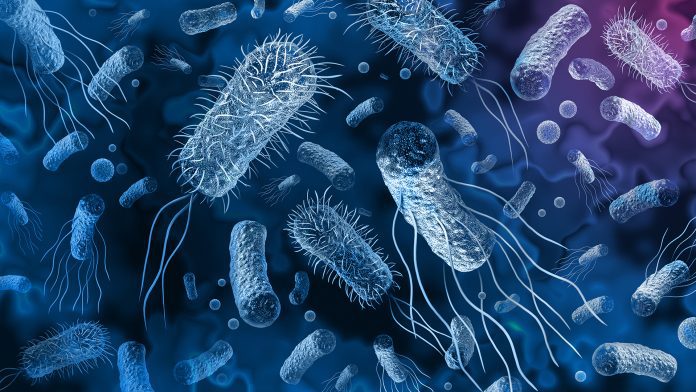
A novel study has suggested that a person’s body fat stores play a crucial role in fighting bacterial infections.
Research carried out by scientists at the University of East Anglia and the Quadram Institute has revealed the mechanism in which our body’s immune cells use body fat stores to combat bacterial infections.
The team believes that their findings can assist in devising new treatment methods for people with bacterial infections, most notably for the most vulnerable and the elderly.
The study, published in Nature Communications, also collaborated with the Earlham Institute, and was funded by the Wellcome Trust and the Biotechnology and Biological Sciences Research Council (BBSRC), with support from the UK Medical Research Council.
The role of fatty acids
For their investigation, the team analysed Salmonella – a bacterial infection that causes diarrhoea, vomiting, abdominal pain, fever, and sepsis. Next, they traced the movement and consumption of fatty acids in live stem cells and examined the immune response to Salmonella by assessing liver damage.
Their tests illuminated that blood stem cells respond to infection by acquiring high-energy fatty acids from body fat stores. Furthermore, they found that in the bone marrow where blood stem cells reside, infection signals stimulate adipocytes to release their body fat stores as fatty acids into the blood.
This aids in combatting infection due to the high-energy fatty acids being absorbed by blood stem cells, providing them with the fuel to produce millions of Salmonella-fighting white blood cells.
Designing future treatments
In addition, the researchers discovered the mechanism in which fatty acids are transferred and believe this breakthrough finding will be vital to devising novel infection treatments.
Dr Stuart Rushworth, from the University of East Anglia’s Norwich Medical School, said: “Our results provide insight into how the blood and the immune system is able to respond to infection.
“Fighting infection takes a lot of energy, and fat stores are huge energy deposits, which provide the fuel for the blood stem cells to power up the immune response.
“Working out the mechanism through which this ‘fuel boost’ works gives us new ideas on how to strengthen the bodies fight against infection in the future.”
Dr Naiara Beraza from the Quadram Institute said: “Our results allow us to understand how our immune system uses fat to fuel the response to infection. Defining these mechanisms will enable us to develop new therapeutics to treat infections in the liver.”
Dr Rushworth added: “In the future, I hope our findings will help improve treatment for vulnerable and older people with infections by strengthening their immune response. With antibiotic resistance being such a present and widespread challenge for society, there is an urgent need to explore novel ways like this to help the body’s immune system to fight infection.
























